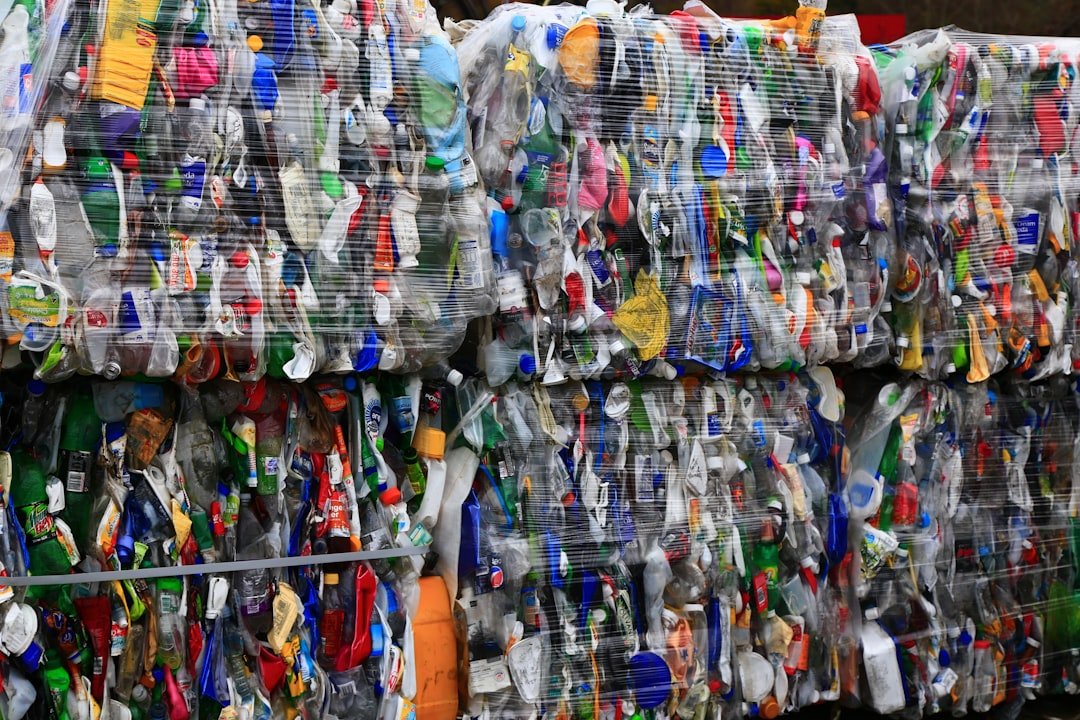An Increasing Crisis Ocean pollution has become one of the 21st century’s most urgent environmental problems. The world’s oceans, which make up more than 70% of the planet’s surface, are enormous and essential for maintaining marine biodiversity as well as controlling the climate. However, a wide range of pollutants, from chemicals and plastics to oil spills and untreated sewage, are posing an increasing threat to these vital ecosystems.
Key Takeaways
- Ocean pollution is a growing environmental concern with detrimental effects on marine life and human health.
- Causes of ocean pollution include plastic waste, industrial discharge, oil spills, and agricultural runoff.
- Ocean pollution leads to habitat destruction, species endangerment, and disruption of the marine food chain.
- Human health is impacted by ocean pollution through contaminated seafood and exposure to harmful chemicals.
- Global efforts to combat ocean pollution include international agreements, regulations, and clean-up initiatives, but more action is needed to address the urgency of the issue.
Beyond just the water’s surface, this pollution has an impact on human health, marine life, & the general equilibrium of the planet’s ecosystems. The urgency of addressing the causes and effects of ocean pollution is increasing along with awareness of the problem. Because the oceans are frequently thought of as waste disposal sites, dangerous materials have accumulated significantly. The purpose of this article is to examine the many facets of ocean pollution, such as its causes, impacts on human health & marine life, international efforts to combat it, cutting-edge solutions being developed, and the crucial role that individuals can play in averting this catastrophe.
Ocean pollution is caused by a variety of factors, including both marine and terrestrial activities. Plastic waste is one of the biggest causes, as it has become pervasive in contemporary society. Straws, bottles, & bags are examples of single-use plastics that are frequently thrown away carelessly and wind up in rivers and the ocean. According to estimates, millions of tons of plastic debris enter the oceans annually, resulting in the creation of enormous waste patches like the Great Pacific Garbage Patch. These floating islands of trash disturb the health and beauty of oceanic environments in addition to endangering marine life.
Apart from plastics, another significant cause of ocean pollution is industrial runoff. Heavy metal, chemical, & toxin-containing wastewater from factories is frequently dumped into rivers that lead to the ocean untreated or insufficiently treated. This problem is also greatly exacerbated by agricultural practices; during rainstorms, pesticides and fertilizers used in farming may wash into streams, causing nutrient pollution that results in toxic algal blooms. Toxins released by these blooms can harm marine life & ecosystems by lowering oxygen levels in the water. Ocean pollution has a significant and wide-ranging effect on marine life.
| Metrics | Data |
|---|---|
| Plastic Waste in Oceans | 8 million metric tons per year |
| Marine Species Affected | Over 700 species |
| Microplastics in Oceans | Estimated 51 trillion particles |
| Oil Spills | Over 700 million gallons since 1960 |
Frequently, marine life consumes plastic waste because they mistake it for food. Internal injuries, malnourishment, or even death may result from this ingestion. Particularly at risk are species like sea turtles, which commonly eat plastic bags because they think they are jellyfish. Because of the decline in reproductive rates brought on by the consumption of toxic substances, the effects can be felt by entire populations as well as by individual animals. Also, a process known as bioaccumulation causes chemical pollutants like heavy metals & persistent organic pollutants to build up in the tissues of marine life.
These toxins accumulate in smaller fish’s bodies as they eat tainted plankton, & as they go up the food chain, they become more concentrated. Larger fish and sharks are examples of predatory species that can build up dangerously high levels of toxins, which can eventually have an impact on human consumers who depend on seafood for nutrition. These crucial habitats may become even more unstable as a result of changes in species composition and biodiversity loss brought on by pollution’s disruption of marine ecosystems.
Beyond just harming marine ecosystems, ocean pollution also poses serious health risks to people. Communities whose livelihoods and diets rely on fishing are particularly concerned about contaminated seafood. Humans may suffer from severe health problems, such as neurological disorders and reproductive issues, if they eat fish that have bioaccumulated toxic substances. Heavy metals like mercury are especially dangerous because they can cause developmental problems & cognitive impairments in kids. Also, waterborne illnesses can be a result of ocean pollution.
Sewage & industrial waste can contaminate local waters, putting coastal communities that depend on clean water for drinking and recreational purposes at greater risk. Polluted waters can harbor pathogens that cause illnesses like cholera and hepatitis. Significant economic ramifications also result from the treatment of illnesses linked to pollution, which can put a burden on public health systems and have an effect on local economies.
Governments, groups, and communities all over the world have started a variety of initiatives to address the seriousness of ocean pollution. A framework for international cooperation in the protection of marine environments is provided by agreements like the United Nations Convention on the Law of the Sea (UNCLOS). Initiatives like the Global Partnership on Marine Litter also seek to decrease the amount of plastic debris that ends up in the world’s oceans by means of international cooperation. Non-governmental organizations (NGOs) are essential in promoting legislative changes and increasing public awareness of ocean pollution.
Worldwide, efforts to cut back on single-use plastics have gathered steam, pushing people and companies to embrace more environmentally friendly practices. Also, community-organized beach clean-ups have grown in popularity as a way to combat pollution & promote stewardship for coastal environments. Ocean pollution is becoming a bigger problem, and creative solutions are being created to address it from several perspectives. Utilizing technology to monitor and purify contaminated waters is one promising strategy.
For example, sensor-equipped drones are able to identify plastic waste in the ocean, enabling focused cleanup operations. In a similar vein, autonomous underwater vehicles are being used to measure pollution levels and evaluate the condition of marine environments. Also, biodegradable plastic substitutes are becoming more popular as a way to lessen the amount of trash that ends up in the ocean. Research is being funded by businesses to develop materials that decompose organically without endangering marine life.
Also, by reducing waste and increasing resource efficiency, programs that support circular economy principles push companies to reconsider their manufacturing procedures. Although international initiatives are crucial in the fight against ocean pollution, individual acts are also very important. Small lifestyle adjustments can make a big difference in lowering individual contributions to ocean pollution. Instead of using single-use plastics, people can choose to use reusable containers, bottles, and bags. The demand for goods that contribute to ocean waste can be reduced by individuals adopting thoughtful consumption practices. Also, cultivating a culture of environmental responsibility requires increasing awareness in local communities.
People can support policies that aim to reduce plastic use and improve waste management systems, or they can take part in clean-up events as part of local advocacy efforts. Education is essential; people can have a significant impact that goes well beyond their local communities by educating others about the effects of ocean pollution and promoting sustainable practices. One cannot stress how urgent it is to address ocean pollution. Human activity is causing the world’s oceans to deteriorate further, and this will have an impact on ecosystems and communities alike.
At all levels—local, national, and international—immediate action is required due to the connection between human health and marine environments. Individuals can help preserve these important ecosystems for future generations by being aware of the causes and effects of ocean pollution, supporting creative solutions, and accepting personal responsibility for their actions. The time to act is now; protecting the oceans is not only necessary for the environment but also morally required since it will affect the welfare of marine life & people in general.
Pollution in the ocean is a pressing issue that continues to threaten marine life and ecosystems. According to a recent article from EcoGuardians, titled “The Silent Threat: Environmental Degradation”, the impact of pollution on the ocean is often overlooked but has far-reaching consequences. From plastic waste to chemical runoff, the health of our oceans is in jeopardy. It is crucial that we address these environmental issues and work towards protecting our oceans for future generations.



